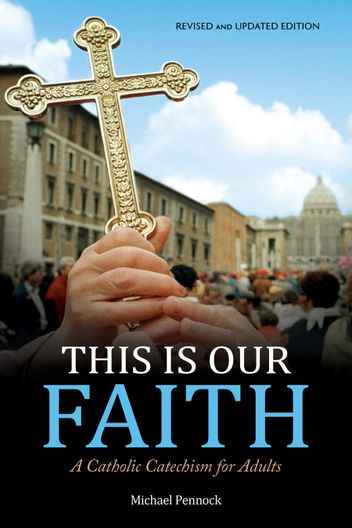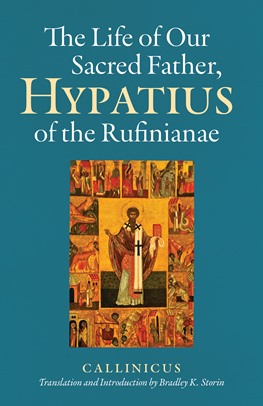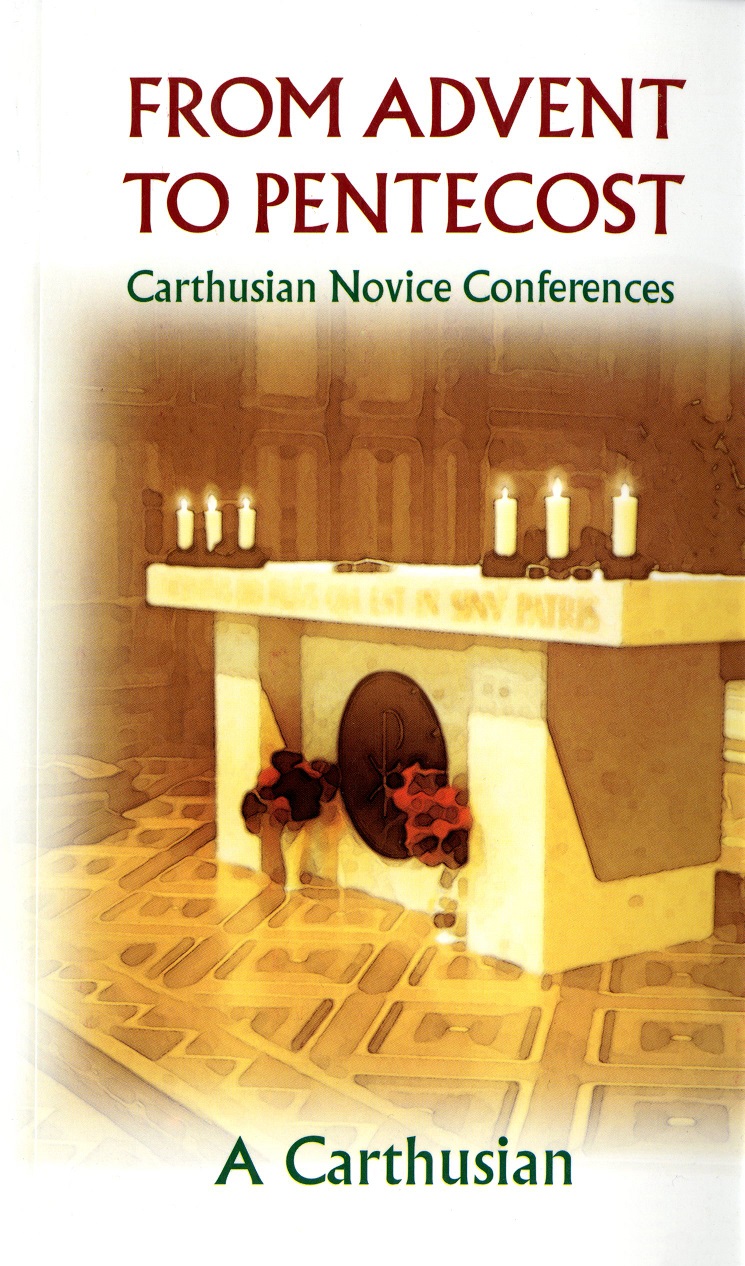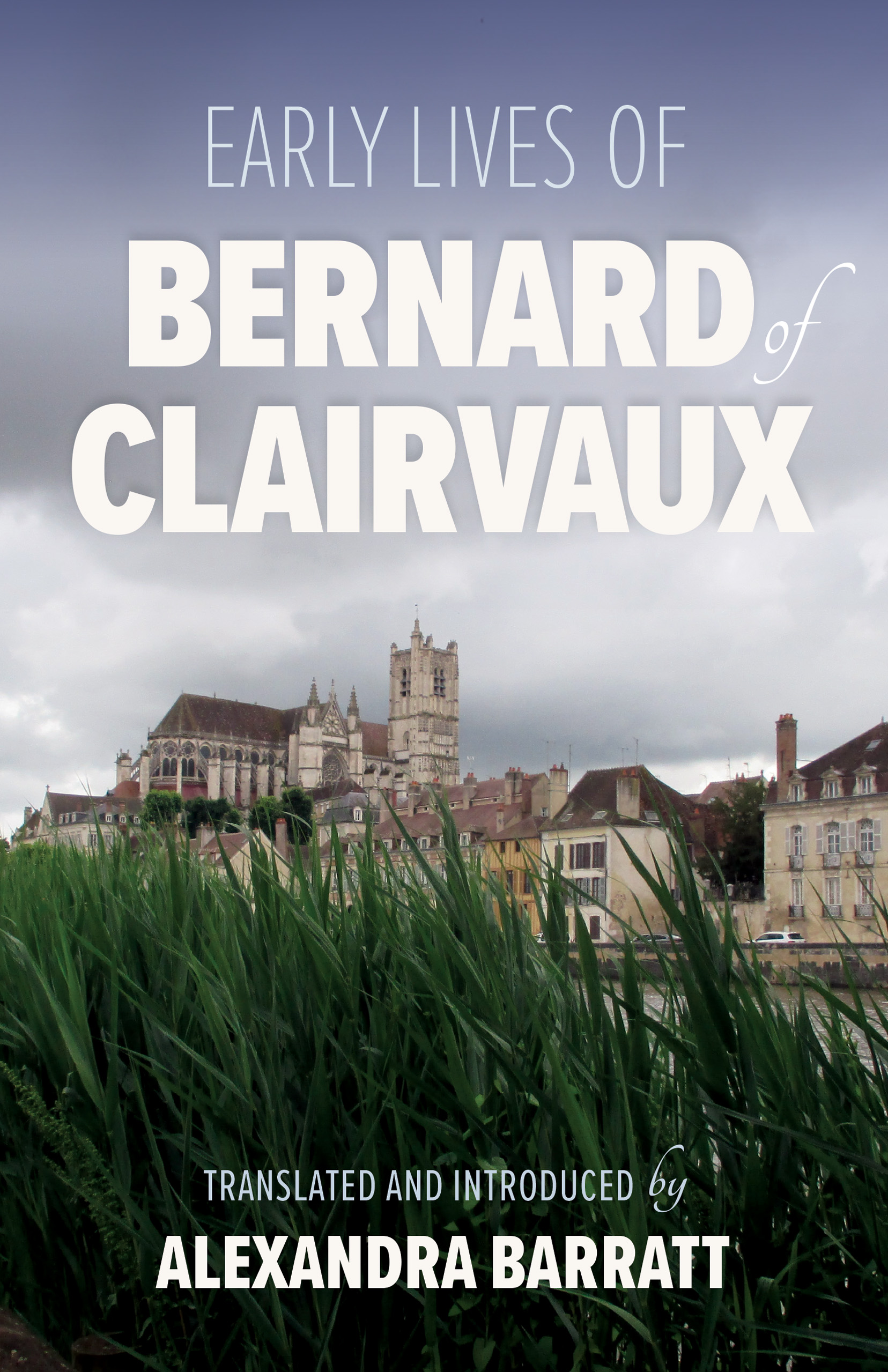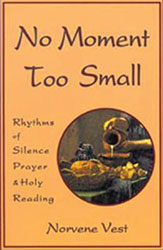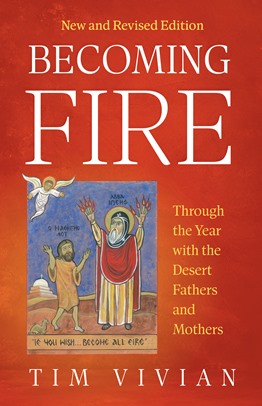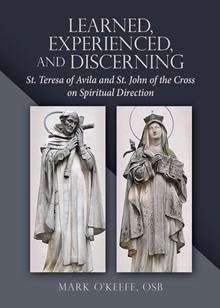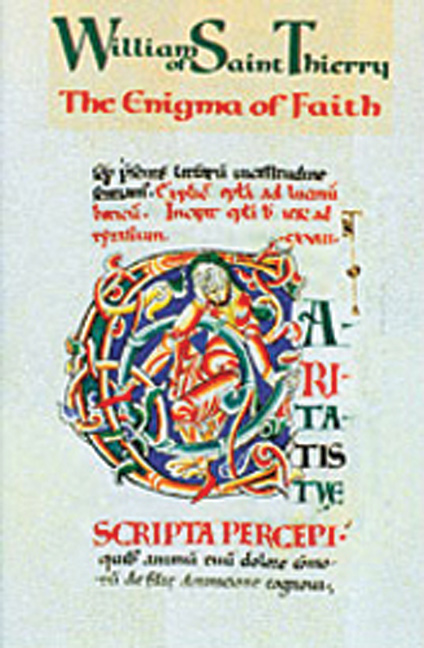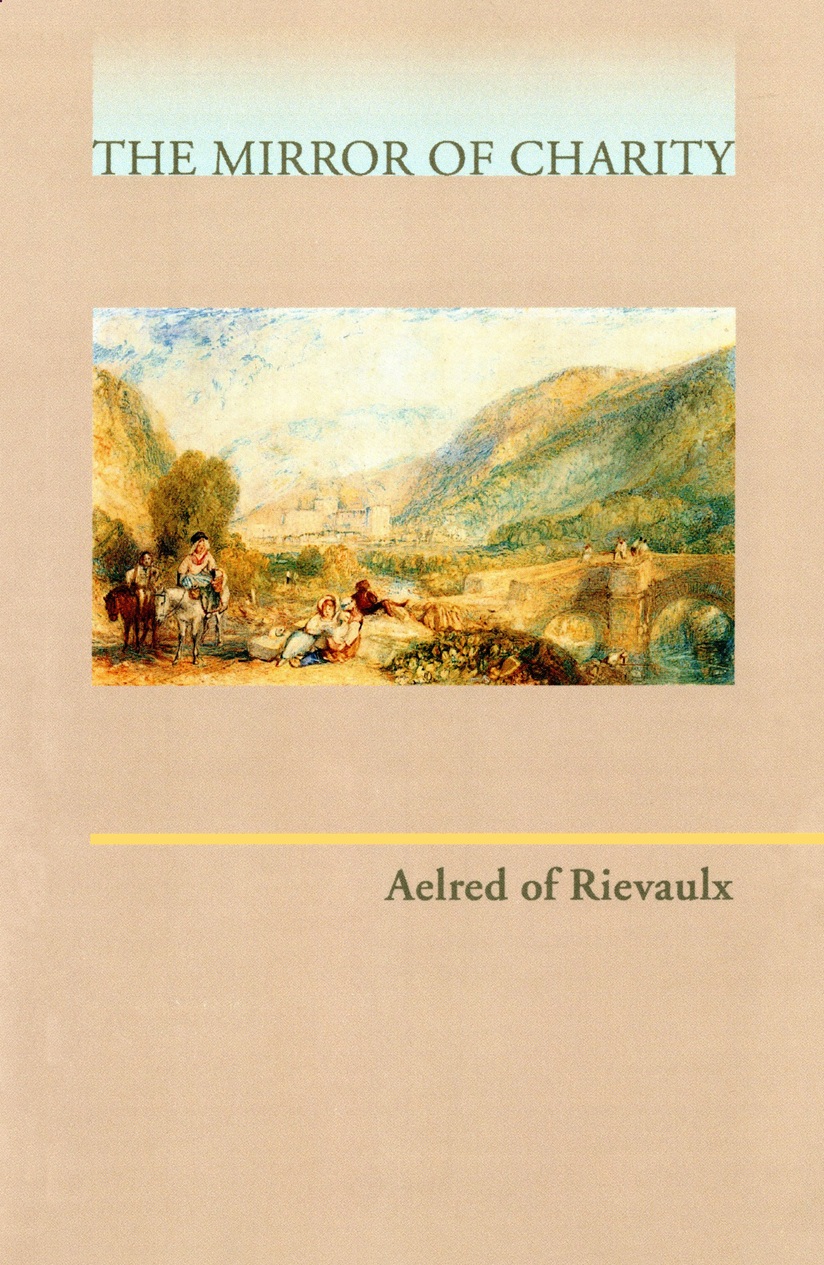This book surveys the full panorama of ten centuries of Christian monastic life. It moves from the deserts of Egypt and the Frankish monasteries of early medieval Europe to the religious ruptures of the eleventh and twelfth centuries and the reforms of the later Middle Ages. Throughout that story the book balances a rich sense of detail with a broader synthetic view. It presents the history of religious life and its orders as a complex braid woven from multiple strands: individual and community, spirit and institution, rule and custom, church and world. The result is a synthesis that places religious life at the center of European history and presents its institutions as key catalysts of Europe’s move toward modernity.
Gert Melville is senior professor for medieval history at Dresden University. He is the founder and director of the Research Center for the Comparative History of the Religious Orders (FOVOG) and the author of scores of essays on medieval religious and cultural history. He is also the lead investigator on a number of long-term international projects. The most recent of these includes a study (established in conjunction with the Saxon and Heidelberg Academies of Sciences) of “Monasteries in the High Middle Ages” as focal points of innovation in European life.
James D. Mixson is an associate professor of history at the University of Alabama. His recent publications include Poverty’s Proprietors: Ownership and Mortal Sin at the Origins of the Observant Movement (Brill, 2009) and several essays on the history of late-medieval religious reform. He is also the editor (with Bert Roest) of A Companion to Observant Reform in the Late Middle Ages and Beyond.

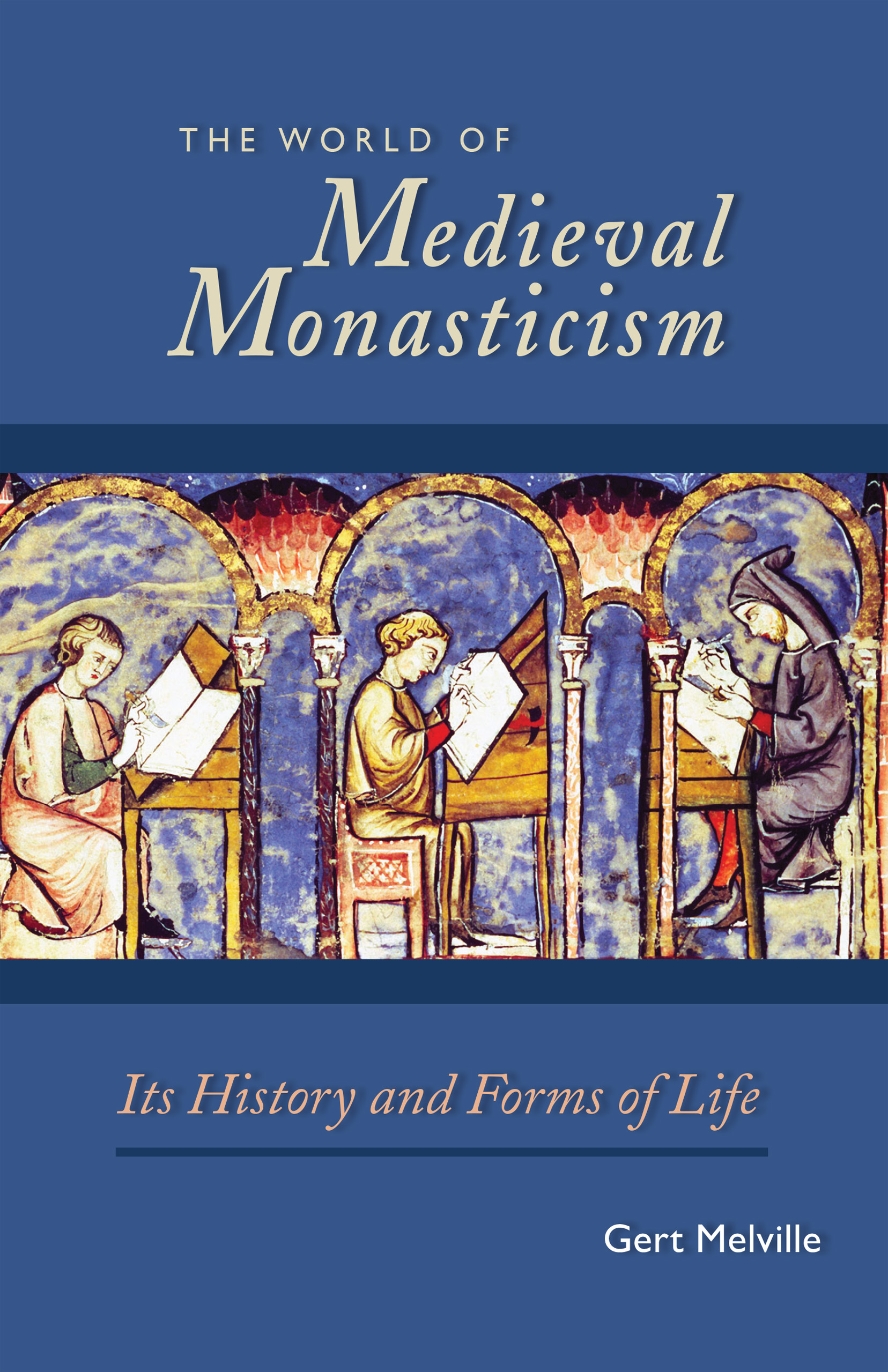
 Back
Back
